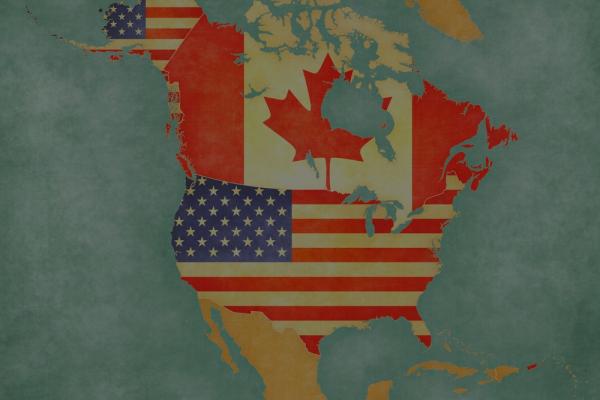Aug 18, 2015
It’s a pretty sweet situation to be in. I’ve been mostly satisfied with my lack of national allegiances.
But I am starting to feel that my neither-here-nor-there status is not the responsible choice for me. This land where I’ve lived for 23 years is my home, and I feel like I need to fully claim that fact. I lingered for a long time on the fringes of this community. Living on the edge is nice because I can keep my hands clean of the messiness of American civic life (and it does get messy), but this also keeps my hands out of the activity of helping clean up the mess and build a stronger nation. My hands aren’t stained with the faults of this country, but neither are they calloused from building it up.
Read the Full Article

Already a subscriber? Login
